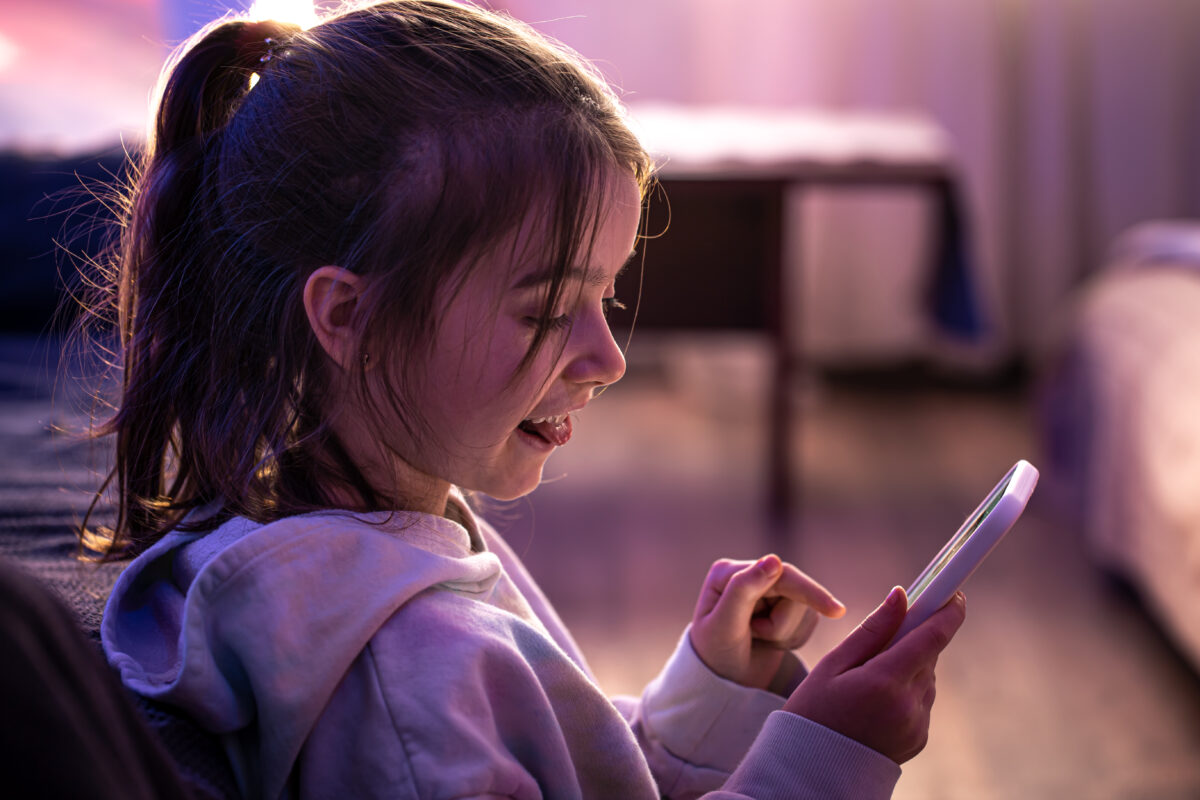Child’s Developmental Cycle Issues During The Pandemic Era

Child’s Developmental Cycle Issues During The Pandemic Era
The 2019 Covid irresistible sickness (COVID-19) flare-up caused a worldwide pandemic. Social separating strategies, which have been displayed to alleviate the outbreak were carried out worldwide. The decreased friendship related to isolation, detachment, and school closures deliver social stress, which may unfavourably influence youngster wellbeing and development.
Moreover, social distancing arrangements reshape the living climate for kids and regularly diminish open doors for active work and open-air exposure, which are basic things for the mental and physiological growth of a kid. Nowadays both kids and parents rely on social media for any sort of information and entertainment which directly increased stress which proportionately increased feelings of anxiety, depression.
The impacts of COVID-19-associated social stress on child health are unclear and may persist long after the pandemic. Thus, evaluations of epidemiological relationships between pandemics and child health are needed to inform planning the relevant interventions. Children’s health is one of the most important issues in the Sustainable Development Goals (SDGs), and science has shown that genetic predispositions are modified by environmental influences, such as those experienced during a pandemic, and affect learning capacities, adaptive behaviours, lifelong physical and mental health, and adult productivity.
At Jeevaniyam some of the key findings that we notice among children are:
- More established kids and teenagers announced higher and more severe rates of depressive symptoms.
- Children with pre-existing conditions were more significantly affected by pandemic-related changes.
- Children who were exposed to pre-existing childhood abuse and neglect were at increased risk of stress.
- Children and adolescents who spent more time on physical activities and maintaining routines were better protected from depressive symptoms.
- Children engaging in recreational activities, using technology to communicate with loved ones, having more time for themselves and one’s family, protected against anxiety and contributed to overall wellbeing during the pandemic.
- Children who already had difficulty in studies experienced more depression and trouble adapting to online education.
Some of the recommendations that we provide for improving a child’s developmental cycle are:
- Promote physical activity at home
- Give them good and nutritious food
- Support digital technologies as a force for change.
- Educate & support parents to make quality family time during pandemics.
- Start building a foundation for positive mental health in children.
